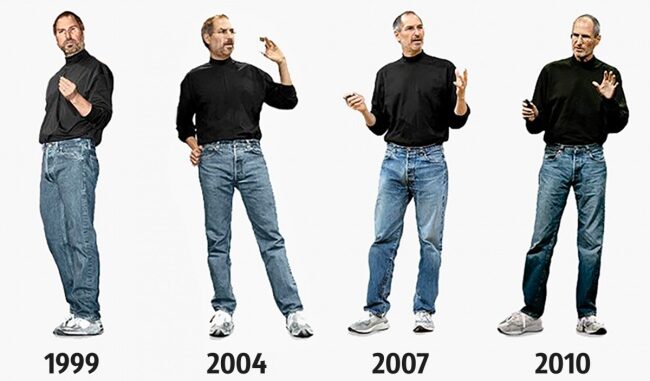
By Akin Monehin
Napoléon Bonaparte, the French military and political leader who rose to prominence during the French Revolution in 1789, said, “there is one kind of robber whom the law does not strike at, and who steals what is most precious to men: time.” Time is the most precious thing to man, and many have tried to “strike” or arrest its robber but have ended in losing more time to this ubiquitous robber. Leaders who can deal with the robber of time usually have the most balanced life and are the most successful.
Psychologists say that business leaders experience “imbalance” when deprived of the most important things to them. Things like sound health, quality time for faith, family, friends, sharing & enjoying dream holidays, a passion or hobby, acquiring more education, if required, all of which enhance improved financial performance.
Business leaders who have these under wraps are often described as exceptional because they are usually on top of the business and their personal lives and what is most valuable to them.
Here are some of the six (6) things I do to save my time for the most important things in my life:
Hire Right: A survey, Robert Half, estimates that leaders spend an equivalent of one full workday a week managing ‘mis-hires.’ ‘Mis-hires’ not only steal the leader’s time but also impact team performance and ultimately bottom-line. Preserve your time by hiring the right people for jobs.
Delegate & Deflect: After hiring right, one would expect leaders to delegate and even deflect required tasks to team members. However, some business leaders shoot themselves in the foot by refusing to trust, regularly over-working, and eventually becoming the bottleneck (or constraint) in the profit maximising journey. Delegation & deflection not only give you time for more strategic business activities but enables you to enjoy time with the things you value the most – hoping that is not being at the office.
Invest upstream: Leaders need to spend time, early in the business (or early in the year, etc)/upstream to clarify direction & what good looks like for each team member. With the right motivations & clear expectations, employees usually run with and deliver clear visions. Once motivation is high, smart leaders spend their time on more productive & more strategic activities.
Power nap: In her book, Sara. C. Mednick, Professor of Cognitive Science, “Take a Nap! Change Your Life”, says a 20-min midday nap “resets …and gives a burst of alertness and increased motor performance”. Leaders are advised to take power naps instead of taking a coffee, which according to her, “decreases memory performance” and makes leaders “prone to making more mistakes.”
Pareto Principle: The great economist, Vilfredo Pareto, observed that in most situations, “80% of consequences come from 20% of the causes”, therefore leaders that maintain a balance apply what is popularly called the 80/20 principle. i.e., they identify and focus on the 20% levers that deliver 80% business outcomes while other leaders would like to do everything. They probably end up doing more – perhaps 50% of non-strategic things, out of which about half are inefficient, resulting in poorer outcomes, little or no time for other things like faith, family, socials, and eventually leading to burnout. Focus on the essentials and buy more time for yourself.
Manage mental & intellectual energy: We all have a limited mental capacity daily. If leaders waste that on trivial things early in the day, when it is time to make the most critical decisions, they struggle and get into a hole that consumes their time. A Cornell University research says we make about 35,000 decisions daily; 226.7 are about food alone!
That is why you can predict what many successful people put on as clothes – Mark Zuckerberg, Vera Wang, late Steve Jobs at every outing, and many more. They do not waste their time deciding what to wear or what to eat. Albert Einstein, who kept buying so many suits of the same colour, said, “I don’t want to waste brainpower on choosing an outfit each morning.” Barack Obama said something similar, “I don’t want to make decisions about what I’m eating or wearing. Because I have too many other decisions to make”. Such a lifestyle improves their efficiency, ensuring they have energy for the things that really matter to them personally, apart from work.
Apply these six (6) principles and create time, quality time, for your faith, family, socials, holiday etc. You don’t have to sacrifice the most important and dearest things to you because you are leading.
Remember, you don’t have to be great to start but you have to start to be great!
A Better Version of Me, a series on some of the lessons I have learnt in my leadership journey, continues on 25th February 2021.
END

Be the first to comment